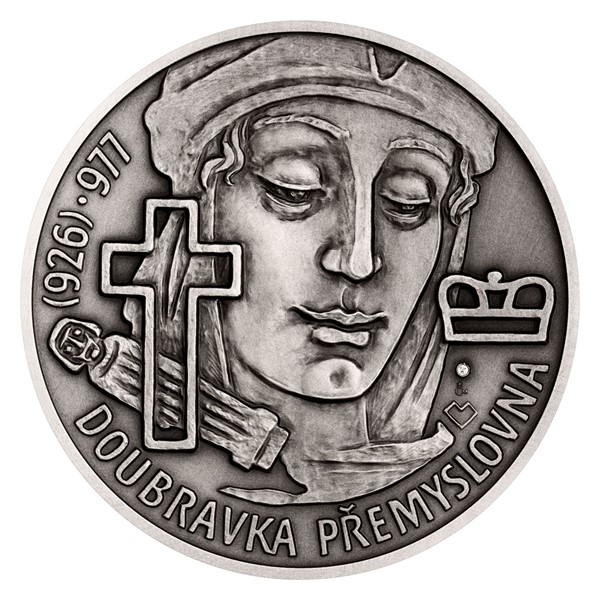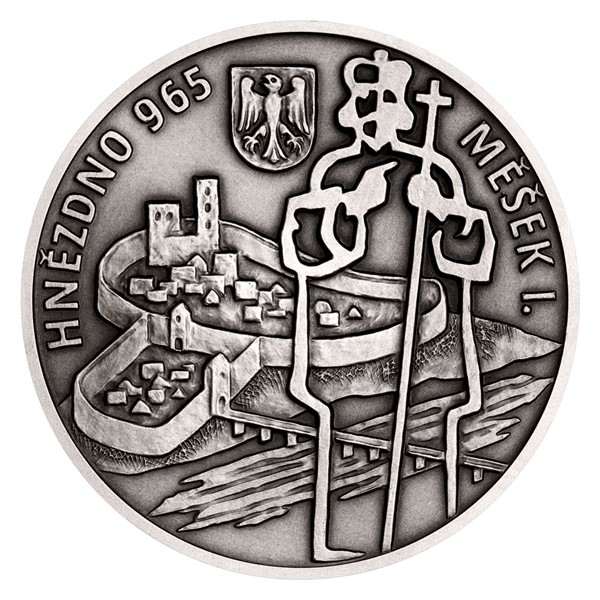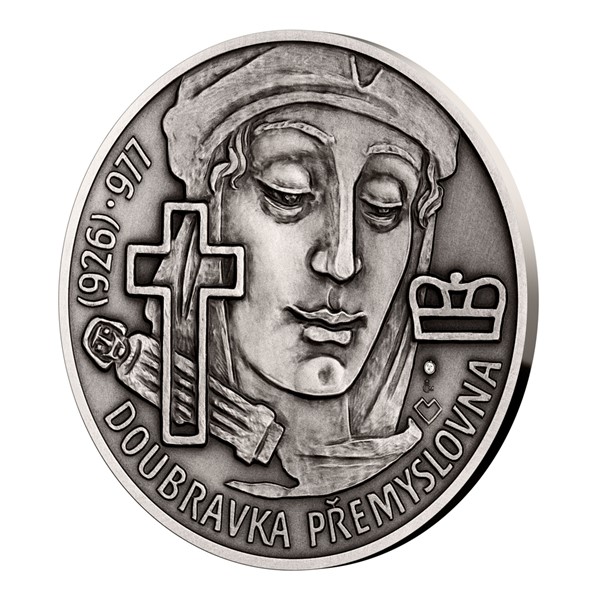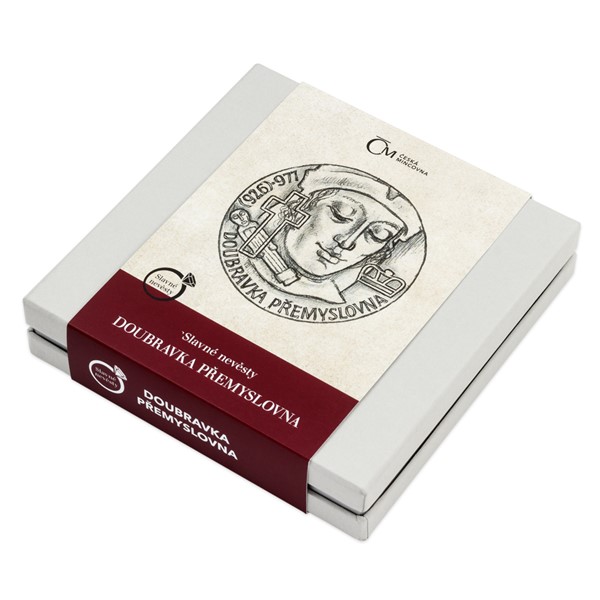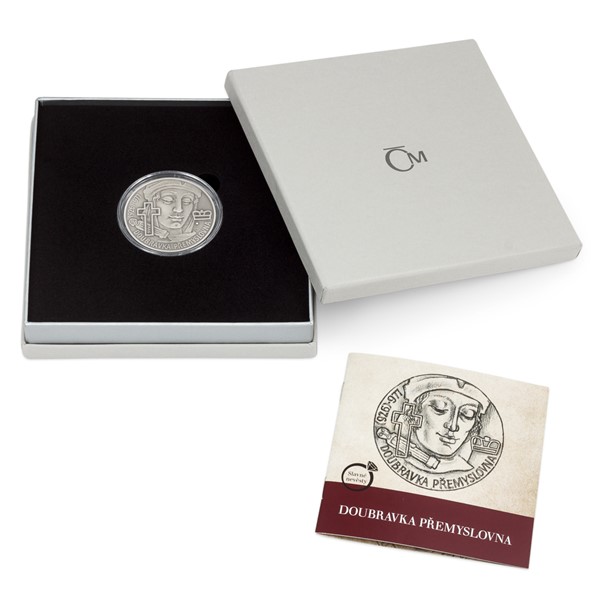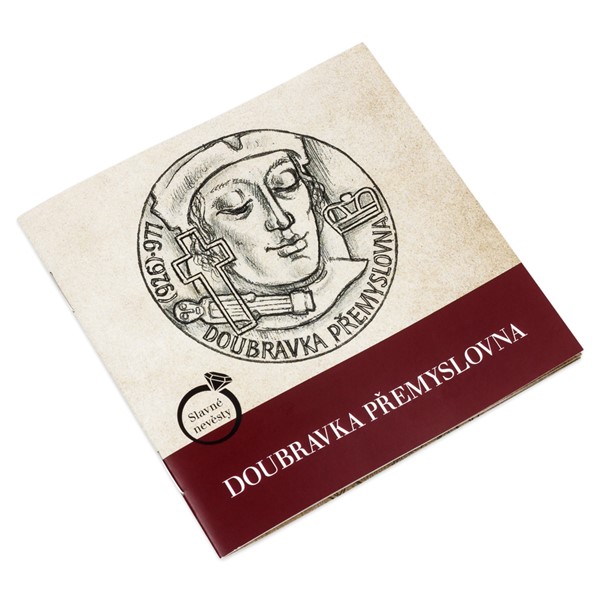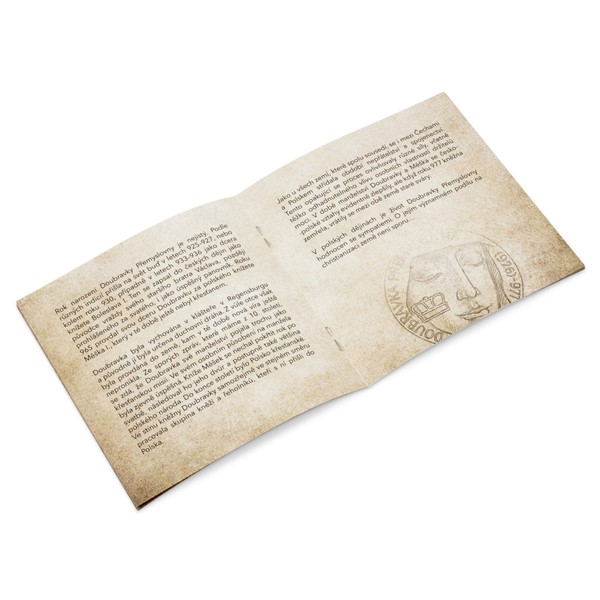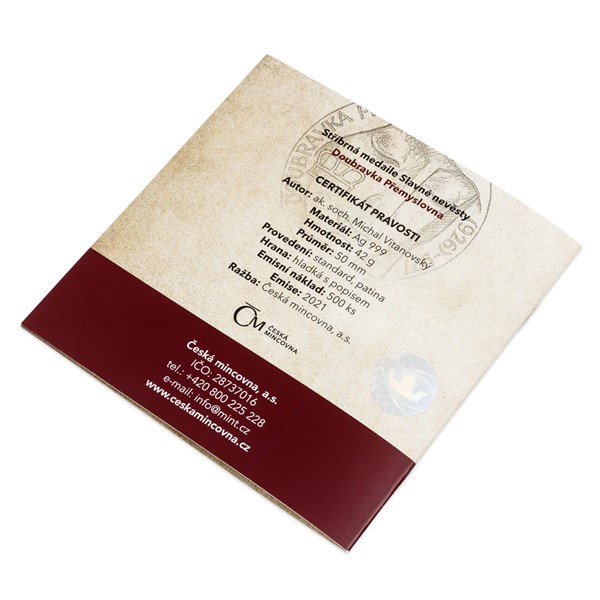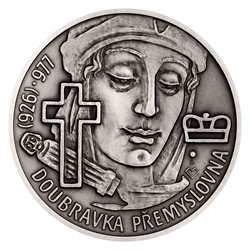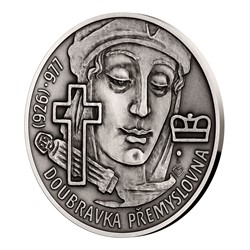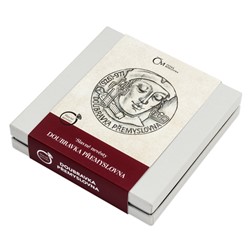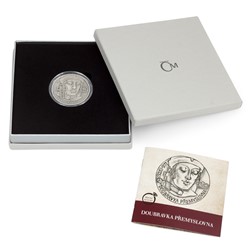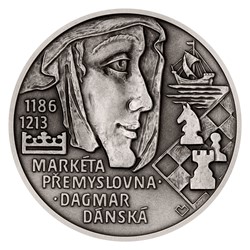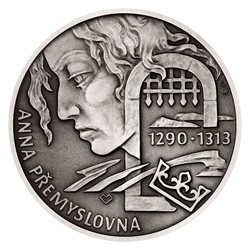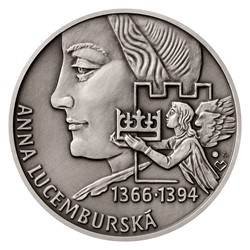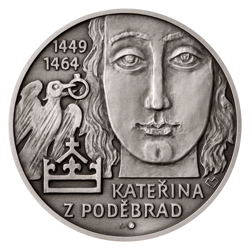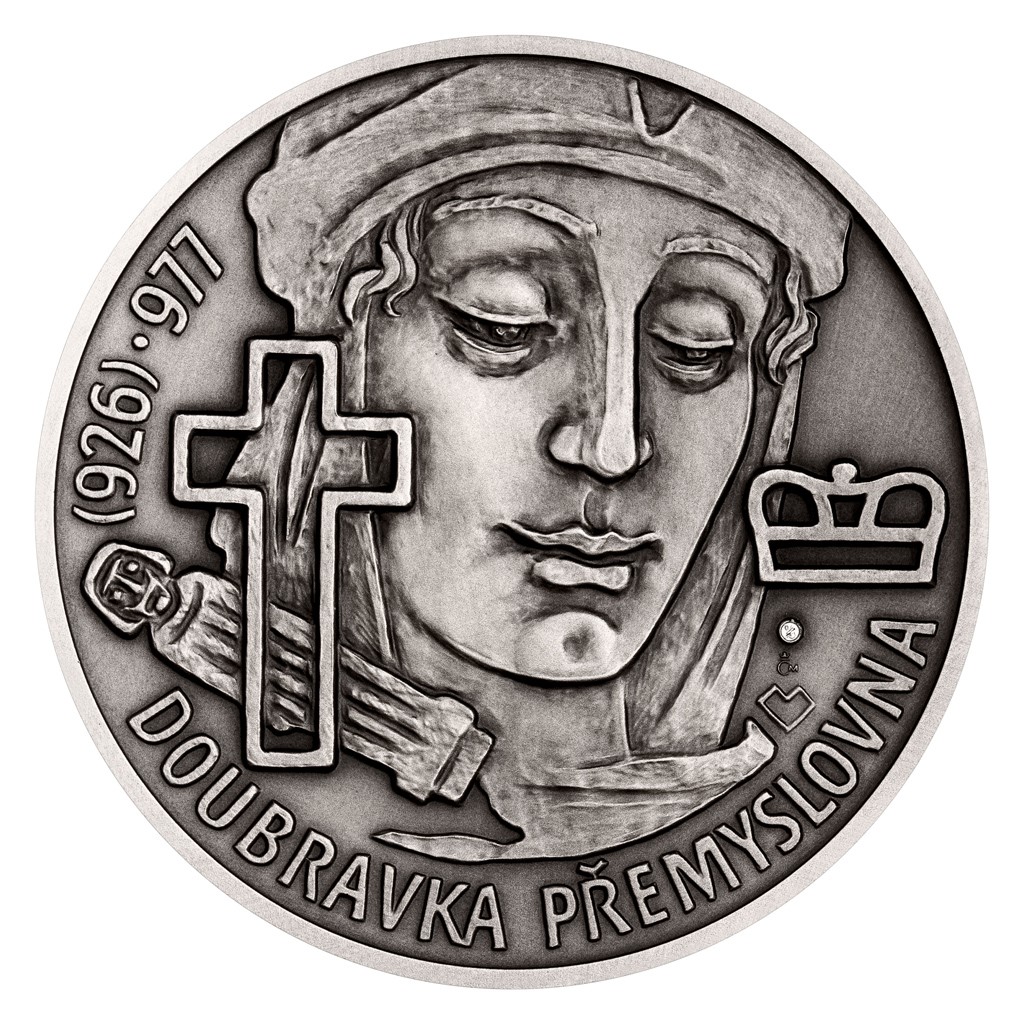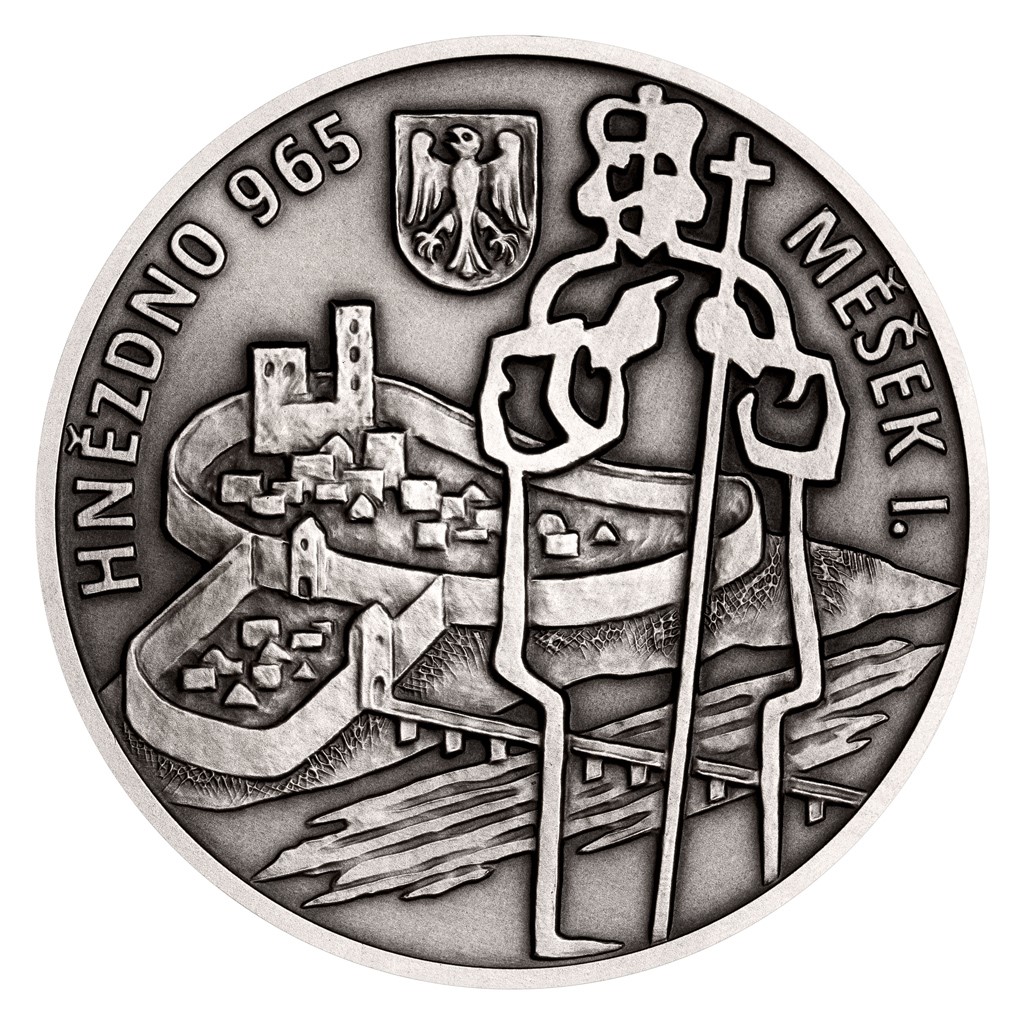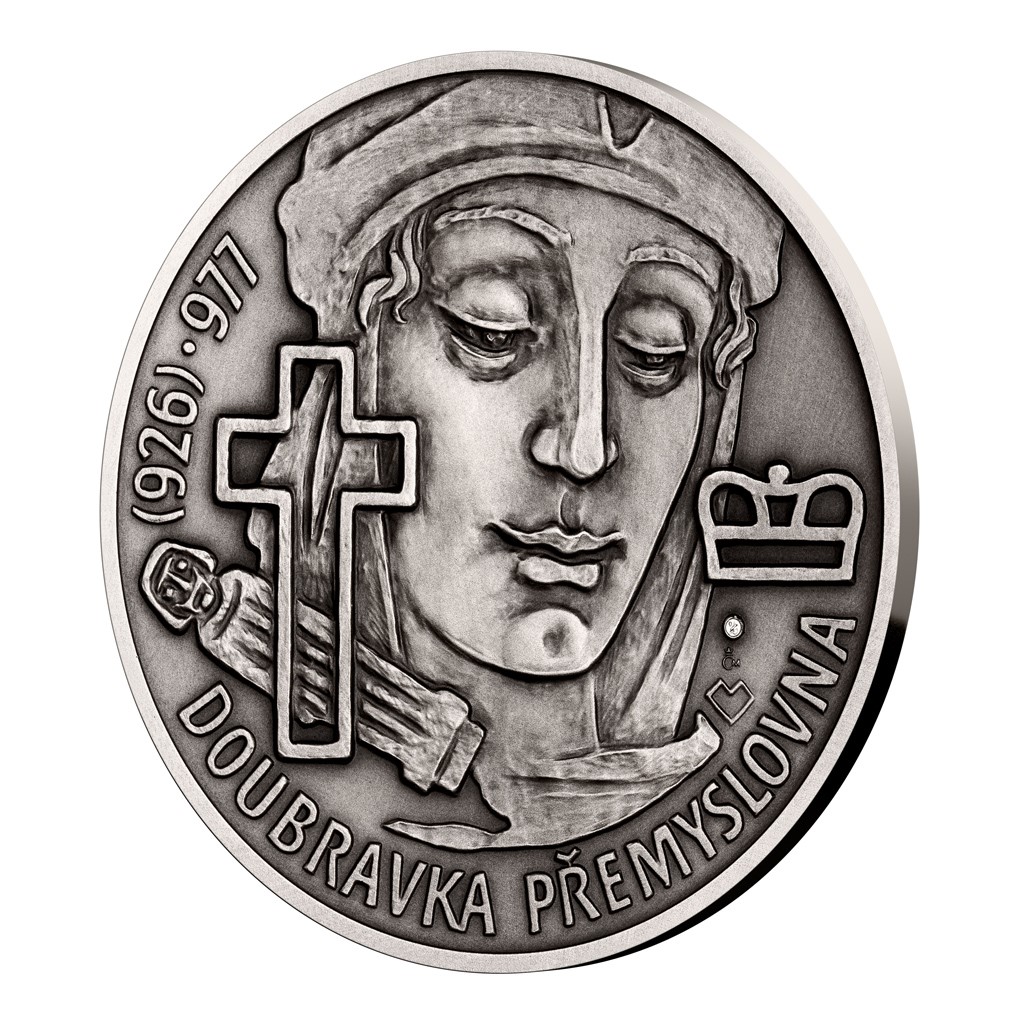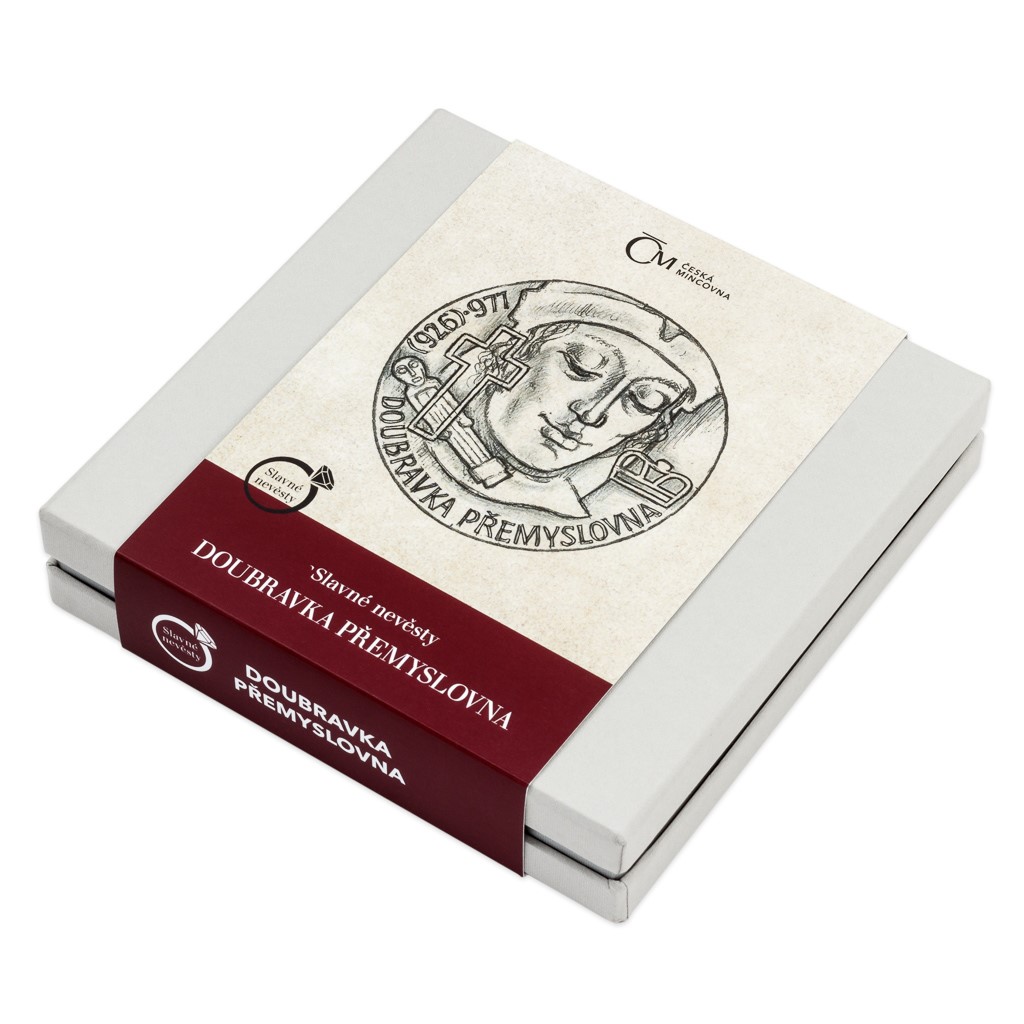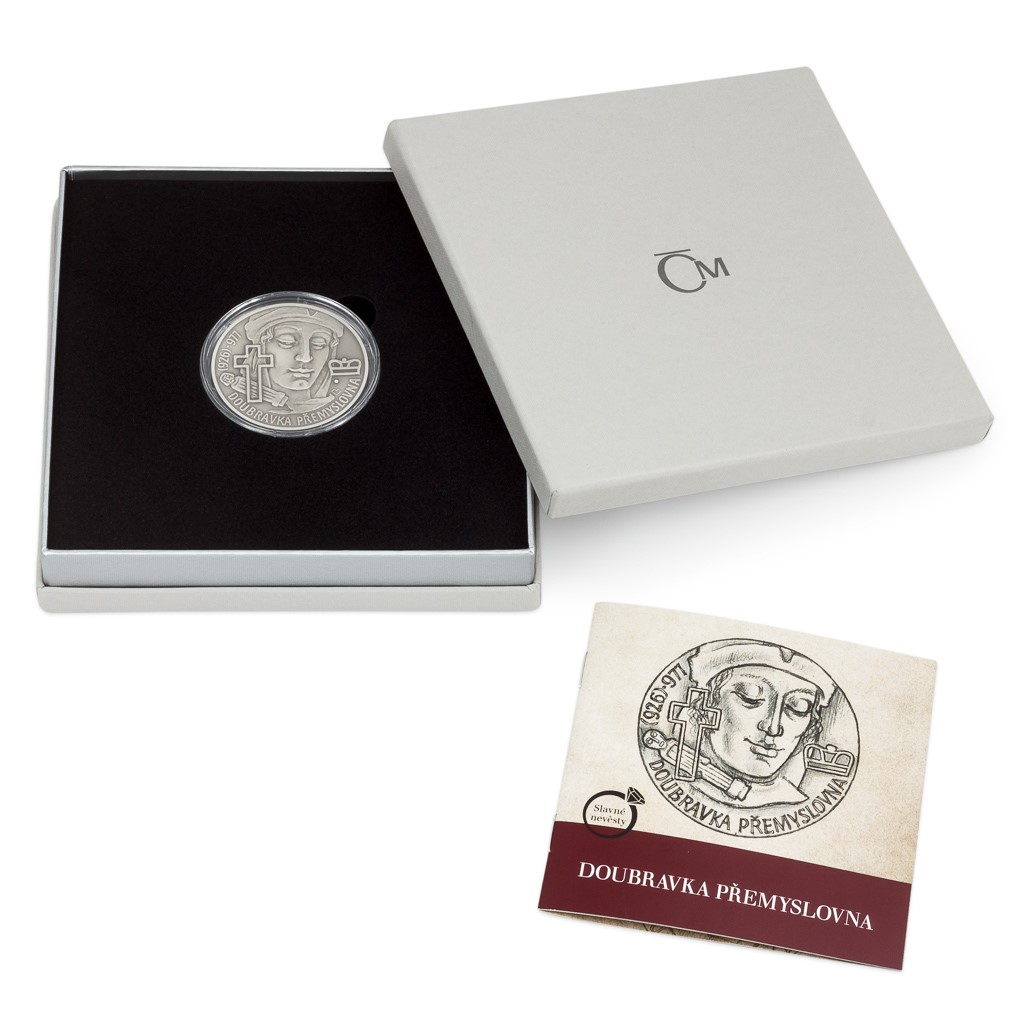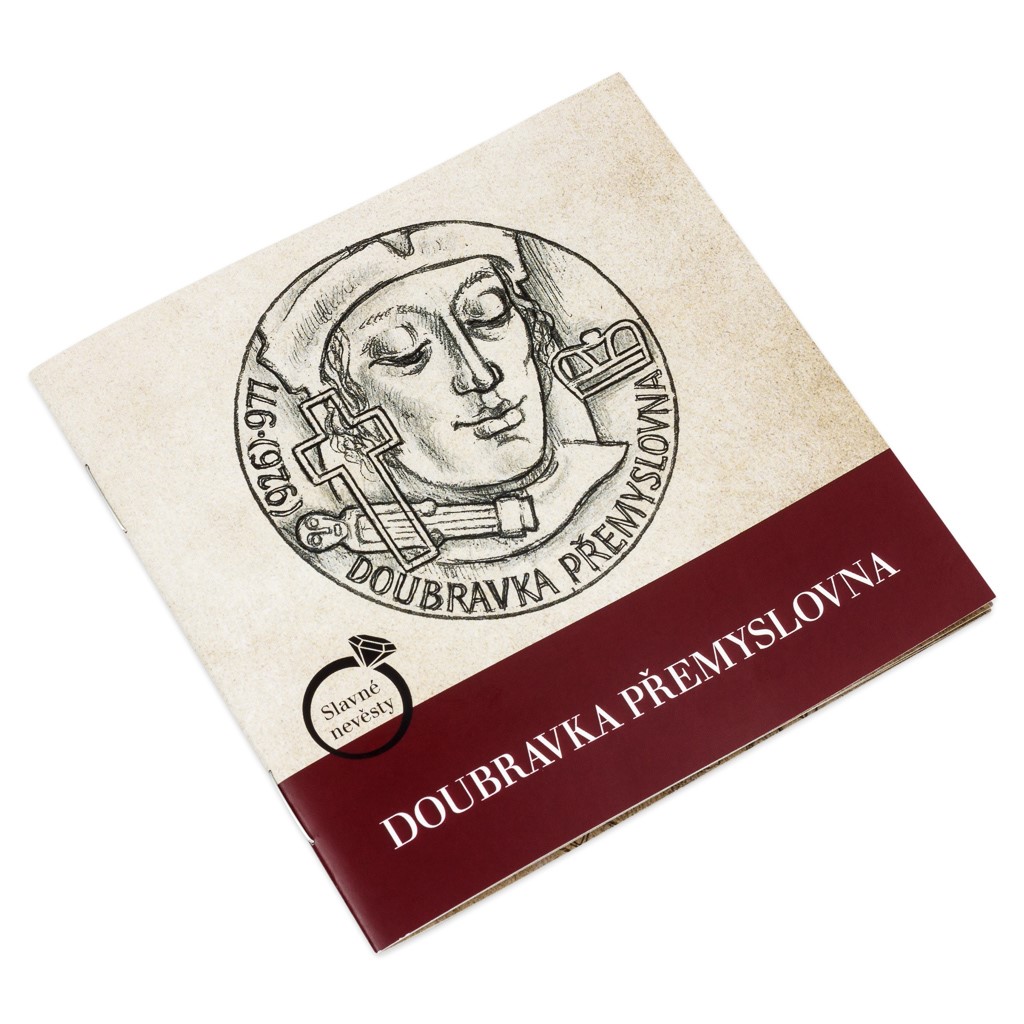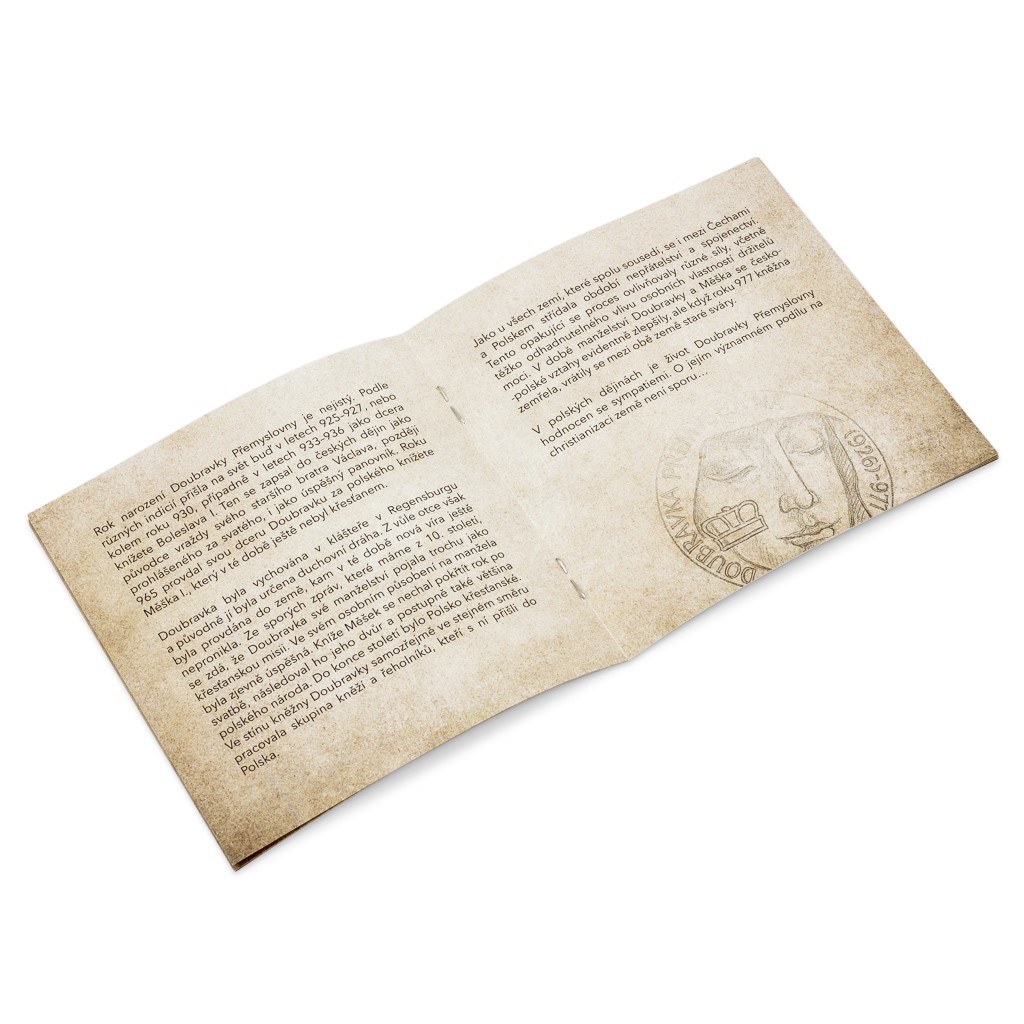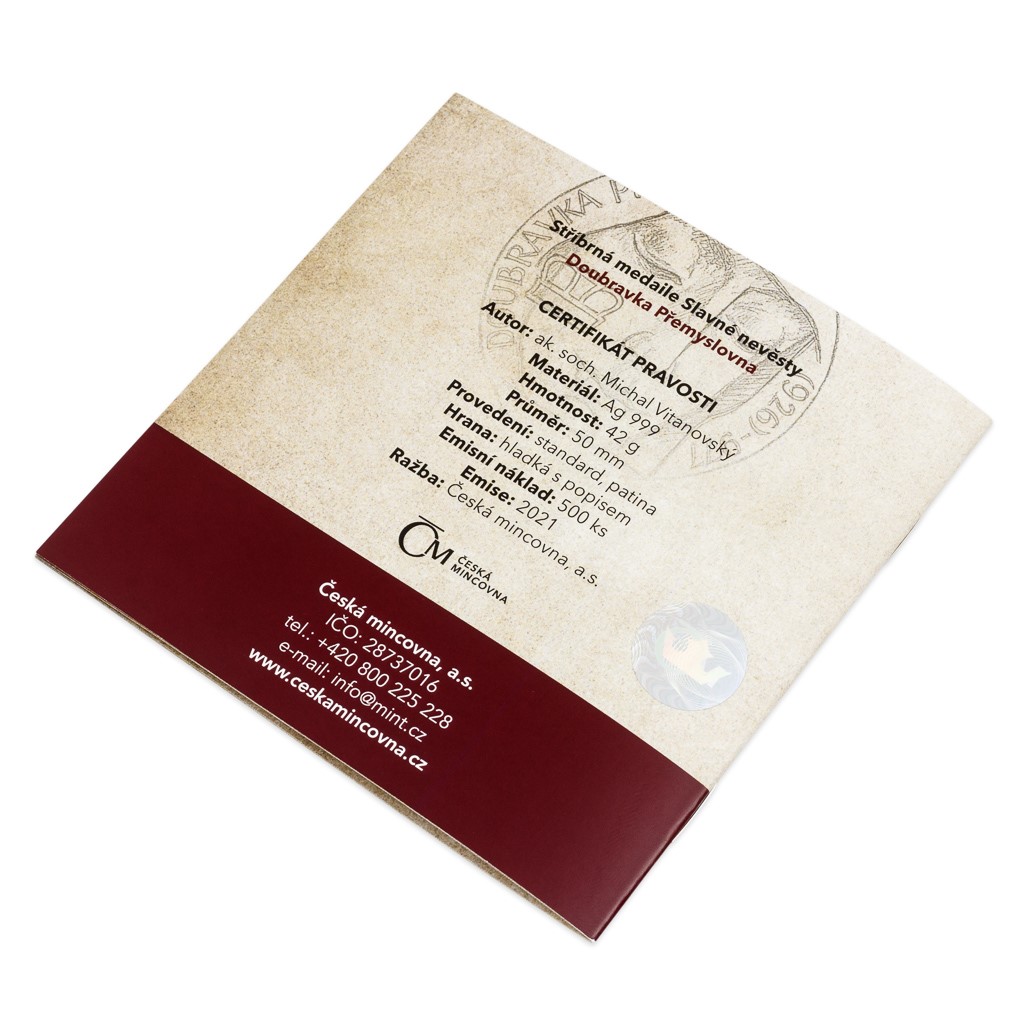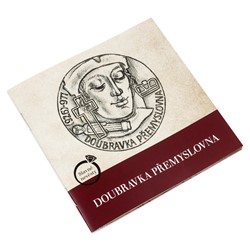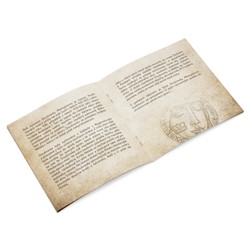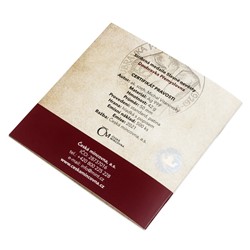Silver medal Famous brides - Doubravka Přemyslovna stand
Silver medal Famous brides - Doubravka Přemyslovna stand
The product can also be purchased directly in the stores of the Czech Mint
Famous brides
Our homeland has been an important country for centuries, sometimes influencing the destinies of the entire continent, therefore, its nations wanted to be on good terms with us. One of the most important instruments of medieval politics was dynastic ties, and a new series Famous Brides of the Czech Mint tells the story of noble Czech women who were married abroad. Luck was waiting for some, suffering for others … Doubravka of Bohemia is the first to appear on silver medals embellished with patina.
The daughter of Prince Boleslaus I became the wife of Prince Měšek I. - the founder of the Polish state, who was led to rapprochement with the Přemyslids due to fears of German expansion. Doubravka was a Christian, but a new religion had not yet reached Poland, so she conceived her marriage as a mission. She was clearly successful in her personal work with her husband - Prince Měšek was baptized a year after the wedding, followed by his court and gradually also most of the nation. Poland became Christian until the end of the 10th century. Doubravka gave birth to a son, Bolesław the Brave, who became famous as the first Polish king, and probably a daughter, Sigrid, who became Queen of Sweden and Denmark. During the marriage of Doubravka and Měšek, Czech-Polish relations improved significantly, but when the princess died, both countries returned to previous conditions.
The obverse side of the medal, which is an elaborate work of the academic sculptor Michal Vitanovský, is dominated by a detail of Doubravka's face from a three-quarter perspective. "The free inspiration for the face of Doubravka, whose appearance has not been preserved, was the head of her sister Mlada from the engraved figure of the tombstone, which is located at St. George's in Prague Castle," the author of the medal reveals. On one side, the portrait is accompanied by Měšek's prince's hat and on the other by a Christian cross with a defeated pagan idol, which symbolizes the Christianization of Poland. The inscription on the obverse side bears the name and life dates of the princess: DOUBRAVKA PŘEMYSLOVNA, (926) –977. The reverse side of the medal then presents a linearly designed figure of Měšek I. with a cross in his hand. Hnězdno, the then princely seat, with its supposed sign - the eagle, is placed behind. In addition to the name of the town, you will also find the name of the prince and the year of his wedding in the inscription on the reverse side: HNĚZDNO, MĚŠEK I., 965.
Part of the medal is a special appendix, which in the words of Michal Vitanovský will introduce you Doubravka's life and individual details of the medal's relief.
 čeština
čeština
 slovenčina
slovenčina
 english
english
